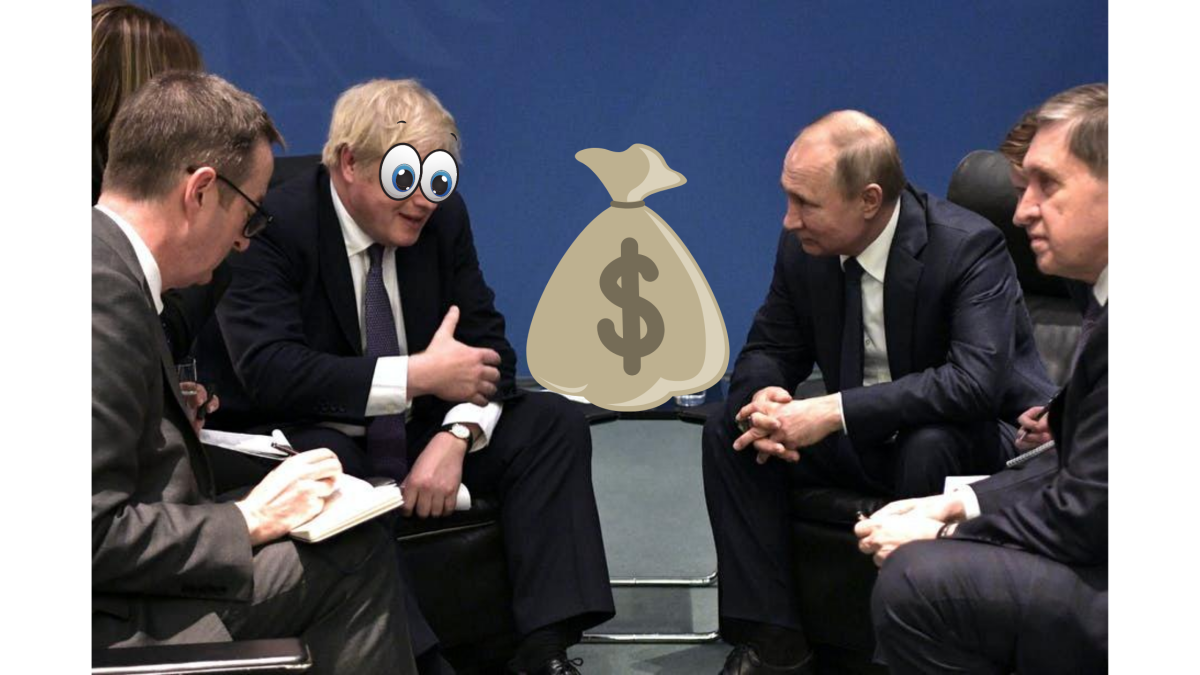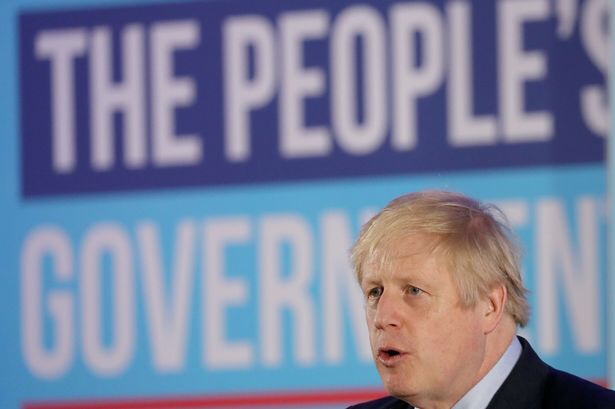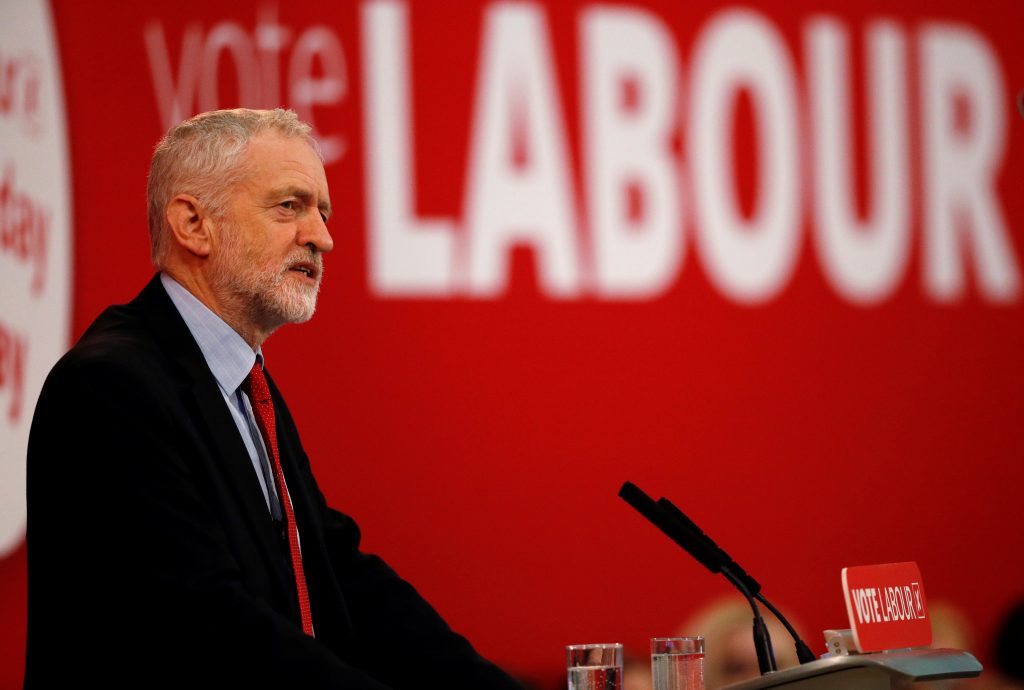The Tories are in disarray. After less than 6 months of being confirmed party leader, Jackson Carlaw has resigned and now the role is empty. Already people are putting their hats into the ring and today we’ll take a look at what this could mean for Scotland’s second biggest party (I know right? still stings) and Scottish politics as a whole.
Jackson Carlaw (A man with two surnames for a name) began his leadership when Ruth Davidson went on maternity leave in 2018 as the interim leader. During this period he oversaw the loss of 7 out of 13 Scottish conservative MP seats in the 2019 election. Not exactly a fantastic track record, especially considering the overwhelming majority won by the Tory party in England, however this did not hold him back and at the start of 2020 he launched his bid to be confirmed as leader of the Tory party. His main challenger was Michelle Ballantyne, but Jackson managed to get a long tally of endorsements, including from Ruth Davidson herself, going on to win over three quarters of the total vote.
Once confirmed, his leadership was largely uneventful, mostly defined by the policies of his party co-patriots down south. For example, the largest revolt the Scottish Tory party faced in recent memory was when Jackson initially supported Boris when his chief advisor Dominic Cummings broke lockdown. Jackson was also accused of grandstanding and lying over Covid lockdown restrictions in Scotland by the Green Party. Whilst not a great record, his resignation still came as a surprise to observers after such a short time as confirmed leader, who said he had come to the painful decision after realising he wasn’t the man to lead the party or make the case for preserving the Union– a particular worry for the Scottish Tory party as support for independence in Scotland appears on a sharp rise.
Who might be leader next then? Ruth Davidson managed to lead the party out of political irrelevance in Scotland and firmly established them as the SNP’s major rival over Labour. Popular and effective, unfortunately for the Scottish Tories Ruth will instead be taking a seat in the House of Lords.
The current favorite to be leader for next May’s election appears to be Douglas Ross, a football referee turned politician. Unsurprisingly, Douglas is making preserving the Union a central issue of his would-be premiership. But who is the man? Winning his first seat as part of the regional lists as an MSP in 2016, Douglas would go on to win a seat in Westminster in 2019, taking the seat from the SNP’s deputy leader- a rare success for the Scottish Tories in what was otherwise a political nightmare. He also initially supported remaining in the EU, over concerns for what brexit would mean for the Union, initially voting against Theresa May’s brexit bill and missing the second vote due to his wife going into labour with their first child.
Despite voting against the party and appearing as a remain rebel, it seems the Tory party held no grudges and Douglas even got support from Boris in the 2019 election when they campaigned together in Moray.
Douglas is, however, not without controversy; a video from 2017 emerged where Douglas said his number one priority if he was Prime Minister would be to bring in tougher enforcement against “Gypsy Travellers”, a curious turn of phrase that shows a strange attempt at PC language while discussing how his top concern during a time of crisis for the UK- with an ever looming Brexit and rising independence movements- would be to introduce more bigotry to our society. Not surprising for a party that in 2019 promised to specifically target Roma as part of their election manifesto, but still truly concerning for those of us who don’t particularly like ethnic cleansing on the British isles.
What does all this mean for Scottish politics? Well not much will be known for definite until a leader is actually picked, but a party that doesn’t have a leader already in place 9 months before an election is going to struggle. While this might be to the advantage of the SNP, Labour is unlikely to be able to seize a victory out of this Tory chaos, other than possibly being able to retake their position as first loser to the SNP. What can be said is that with the strongest Unionist party in Scotland now leaderless, independence might be appearing sooner rather than later, and with their star again on the ascendant it might be time for the SNP to call for a second referendum, especially if the 2021 elections continue to look like a clean sweep for the party as they do now.







